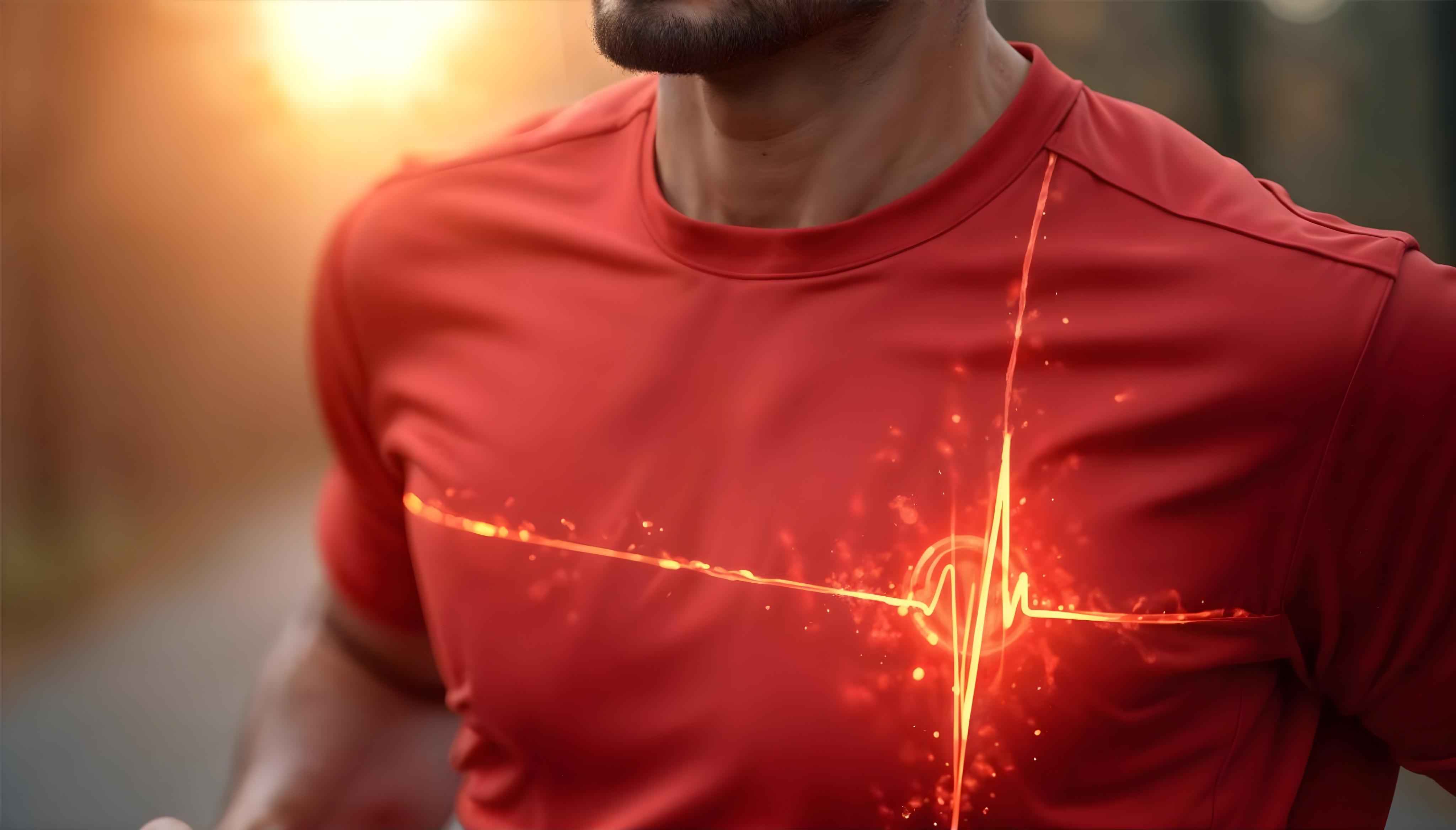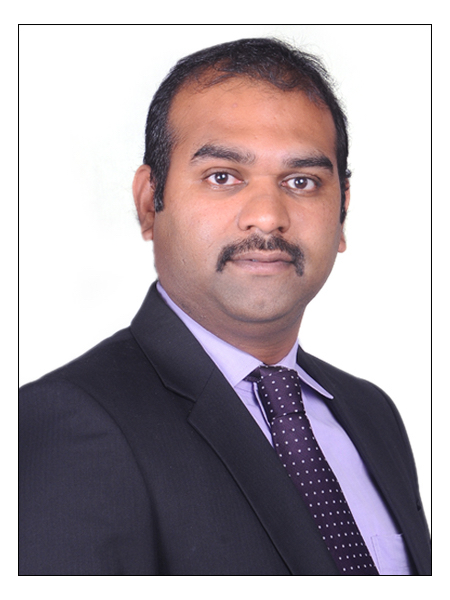Introduction: Why Every Heartbeat Counts
A myocardial infarction (MI), more commonly known as a heart attack, occurs when blood flow to a part of the heart muscle is suddenly blocked — usually by a blood clot. This deprives the heart muscle of oxygen, causing tissue damage or death.
Every minute matters during a heart attack. But what matters even more is what you do before it happens. Prevention, recognition, and timely action can save lives — including your own.
Recognising the Warning Signs: Not Always a Movie Scene
Forget the dramatic clutching of the chest you see in films. Real heart attacks can show up silently or subtly, especially in women and older adults.
Classic Symptoms
- Chest pain or discomfort (tightness, pressure, heaviness)
- Pain radiating to the arm, jaw, neck, or back
- Shortness of breath
- Nausea, cold sweat, or lightheadedness
"If you have unexplained fatigue, cold sweats, or jaw pain — don’t brush it off. Many heart attacks are missed because people assume it’s ‘just gas’ or stress."
Know the Stroke Signs Too (Act FAST):
- Face drooping
- Arm weakness
- Speech difficulty
- Time to call emergency services
Heart-Healthy Diet: What You Eat Can Heal or Harm
Load Up On:
- Fresh fruits and vegetables (antioxidants, potassium)
- Whole grains (reduce LDL cholesterol)
- Lean proteins like fish and legumes
- Nuts and seeds (good fats)
Cut Down On:
- Saturated & trans fats (found in fried and packaged foods)
- Excess sodium (leads to high blood pressure)
- Sugary drinks and desserts (raise triglycerides)
Mediterranean or DASH Diets are gold standards — backed by decades of research.
“Your kitchen is more powerful than your medicine cabinet. A heart-smart diet can reverse risk factors in just weeks.”
Smoking: The Fastest Way to Damage Your Heart
Smoking narrows your arteries, raises blood pressure, and reduces oxygen in your blood — a triple whammy for heart attack risk.
- Smokers are 2 to 4 times more likely to have heart attacks.
- Secondhand smoke is nearly as harmful.
Quitting Tips:
- Nicotine replacement (gum, patches)
- Behavioural therapy
- Support groups & apps like QuitSure or Smoke Free
Cholesterol: The Hidden Culprit Behind the Scenes
Cholesterol deposits (plaques) build up inside arteries, narrowing them and increasing the risk of blockage.
Targets:
- LDL (“bad” cholesterol) < 100 mg/dL (or <70 mg/dL for high-risk patients)
- HDL (“good” cholesterol) > 40 mg/dL (men) or > 50 mg/dL (women)
- Triglycerides < 150 mg/dL
If diet and exercise aren’t enough, your doctor may prescribe:
- Statins (reduce LDL)
- Ezetimibe or PCSK9 inhibitors for advanced cases
“High cholesterol has no symptoms. You don’t feel it — until you get hit with a heart attack. Regular checks are crucial.”
Get Active: Exercise is Cardio-Protective Medicine
Recommended Minimum:
- 150 minutes/week of moderate activity (brisk walking, swimming)
- Or 75 minutes/week of vigorous activity (jogging, aerobics)
- Include strength training 2x/week
Why it matters:
- Lowers blood pressure
- Improves circulation
- Boosts HDL, lowers LDL
- Helps control weight and blood sugar
If you've had a heart attack, cardiac rehab under medical supervision is the safest way to restart physical activity.
Other Crucial Tips for Heart Attack Prevention
- Manage Diabetes: High blood sugar damages blood vessels
- Limit Alcohol: Max 1 drink/day for women, 2 for men
- Sleep Well: Less than 6 hours = 20% higher heart risk
- Know Your Family History: Genetics can increase risk, but lifestyle still makes a major impact
Takeaway: Beat the Odds Before They Beat You
A heart attack can be sudden — but it’s rarely without warnings. Whether you’re 30 or 70, prevention must start today. Eat better. Move more. Quit smoking. Check your numbers. And listen to your body.
Because your heart isn’t replaceable. But your habits are.


